Making a Careers Appointment
Senior College students can now access the Careers Bookings Calendar and manage their own careers appointment, including inviting parents to join a meeting, either in person or via zoom. Simply select the type of career- related appointment you would like and as a courtesy ensure you check with your teacher before you miss all or part of lesson before you make a booking.
parents to join a meeting, either in person or via zoom. Simply select the type of career- related appointment you would like and as a courtesy ensure you check with your teacher before you miss all or part of lesson before you make a booking.
It is recommended that current Year 12 students schedule an appointment across this term to ensure they have sufficient time to work through their QTAC applications, which will open on 1 August 2024.
Book appointments via the link:https://outlook.office365.com/owa/calendar/PacificLutheranCareersSupport... or scan the QR code.
Energy Queensland Apprenticeship Opportunities – close Monday 15th July 2024
Powerline, Australia’s largest wholly government-owned electricity company, are expanding to implement major projects over the next 10+ years, as result they have a number of exciting apprenticeship opportunities in line and field operations and engineering. There are various nationally recognised trade apprenticeships available, located in metro, regional and remote areas of Queensland. This is a great opportunity to take the next step towards an apprenticeship with experts who will mentor and support you through rotational placements. Energy Qld apprenticeship applications are now open and will close Monday 15th July at 9am.
All applications must be via the link which can be found on their web site via the jobs portal.
James Cook University – Health Careers information session 18th July 2024
Learn about the many study areas available at JCU – from medicine and dentistry to allied health and pharmacy in our upcoming webinar. Gain insight into our application-based programs including the Bachelor of Medicine, Bachelor of Surgery and the Bachelor of Dental Surgery. Learn key information for students completing their two-step JCU application before the due date on 30 September. Emerge from this webinar with the information you need to confidently step through a JCU application, and to share how JCU can prepare them for their dream career.
Webinar Details
Date: Thursday 18th July 2024
Time: 7 - 8 pm (AEST)
Join via: Zoom. Watch the webinar via phone, tablet, or other computing device (no webcam needed).
Register today
Bachelor, Masters, Doctorate: Your guide to university degrees
Acknowledgement : content provided by Study Work Grow
Are you thinking about your future after high school and wondering about the different types of university degrees you can do? You’ve probably heard the words Bachelor, Masters, and Doctorate thrown around a lot recently if you’re in your senior years of high school. But what do they mean? And what’s right for you?
It’s an exciting journey ahead, and understanding your options can help you set goals and work out a long-term plan for your future. Let’s explore the basics of the three main types of university degrees you may have heard of – Bachelor, Masters, and Doctorate – and get you started on your path to success.
Bachelor degree: Your foundation
Let’s get this straight first: you won’t be able to go on to pursue a Masters or Doctorate until you’ve completed an undergraduate qualification. Bachelor degrees are considered “undergraduate” degrees, and are usually the first degree you’ll pursue after high school. It’s a foundational qualification that provides knowledge and skills in a specific field of study.
Here are some key points to know:
• Duration and focus: Bachelor degrees usually take around 3 to 4 years to complete full-time. You’ll focus on a major subject area of your choice, such as Business, Engineering, Psychology, or English Literature.
• Skills development: During your undergraduate studies, you’ll develop essential skills related to your chosen field. These could include critical thinking, research abilities, communication skills, and practical knowledge.
• Career preparation: A Bachelor degree prepares you for entry-level positions in various industries. It lays the groundwork for further specialisation or entering the workforce directly after graduation.
What about Honours?
Some people choose to do a Bachelor degree with Honours. This means that you may choose to add an extra year onto your degree and deepen your expertise on your chosen subject. Honours is sometimes considered a bridge between undergraduate and postgraduate studies, ideal for those who might be looking to undertake a research degree further down the track.
Honours is typically considered a higher level qualification than a Bachelor because of the depth of study and combination of coursework and research. Some people find that an Honours degree takes a more skills-based approach, while a Bachelor degree takes a more foundational one.
Here’s what you can expect from an Honours add-on:
• In-depth research: You’ll engage in a substantial research project or thesis. This involves formulating a research question, conducting reviews of scholarly material, collecting and analysing data, and presenting your findings.
• Advanced coursework: In addition to your research project, you’ll take advanced courses that delve deeper into your field of study. These courses are often more specialised and challenging than those in a typical Bachelor program.
• Mentorship and guidance: You’ll work closely with a faculty supervisor who will guide you through your research project. This mentorship is invaluable, providing you with insights and expertise that will enhance your academic and research skills.
• Collaboration and networking: Honours programs often involve collaboration with peers, faculty, and researchers. This is a great opportunity to build a network of professional contacts that can support your future academic and career endeavours.
Masters degree: Specialisation and advancement
After completing a Bachelor degree, some students choose to pursue postgraduate study. This is where Masters degrees come in. The purpose of a Masters degree is to build on the foundational knowledge gained from an undergraduate degree and allow you to further specialise in your chosen field of study. It’s more advanced than a Bachelor, and can lead to more specialised job opportunities or a career in academia.
Here’s what you need to know about Masters degrees:
• Depth of study: Master’s programs typically delve deeper into specific areas within a field. For example, you might pursue a Master of Science in Computer Science with a focus on Artificial Intelligence.
• Duration and requirements: Masters degrees usually take 1 to 2 years to complete. They often require an initial Bachelor degree in a related field and may include coursework, research, and a thesis or project.
• Career benefits: A Masters degree can enhance your career prospects by providing advanced skills and specialised knowledge. It can open doors to higher-level positions and potentially higher salaries in your chosen field.
Doctorate: Highest level of academic achievement
Doctorate degrees fall into the category of postgraduate study, and represent the highest level of academic achievement. A Doctorate is ideal for those passionate about research and making significant contributions to their field. You’ll need to have obtained an undergraduate qualification first (at minimum) before you can apply to study a Doctorate. A Doctorate can either be academic or professional. Academic Doctorates, as the name suggests, involve intensive research and the completion of a thesis or dissertation. The most common academic Doctorate you’ll come across is a Doctor of Philosophy, also known as a PhD, and you can specialise in any field imaginable, from Arts to Engineering.
Professional Doctorates, on the other hand, are aimed at those looking to enter specific professions that require high-level knowledge and skills. These include careers like Medicine, Dentistry, Optometry, Veterinary Science, or Law. Professional Doctorates have a stronger focus on practical skills and knowledge, and usually require you to complete hands-on placements instead of a thesis or dissertation.
Here’s what you should know about pursuing a Doctorate degree:
• Research focus: Academic Doctorate programs are research-intensive and require original research contributions to the field. You’ll work closely with faculty mentors and peers to advance knowledge in your area of study.
• Duration and rigour: Doctorate programs typically take 3 to 7 years to complete, depending on the field and research requirements. They involve coursework, comprehensive exams, and either the completion of a dissertation or thesis or many hours of practical experience.
• Career paths: An academic Doctorate prepares you for careers in academia and research and development, while a professional Doctorate prepares you for specialised roles that require advanced expertise and leadership.
While a Masters degree expands your understanding of a particular subject area, Doctorate study is for those who want to make an original contribution to their field.
Deciding on the right degree pathway depends on your interests, career goals, and learning preferences. Whether you’re passionate about exploring diverse subjects during your Bachelor, specialising further with an Honours or Masters, or conducting groundbreaking research with a Doctorate, each degree offers unique opportunities.
Mrs Veronica Sanmarco, Head of Career Development
 Dr Bronwyn Dolling, Principal
Dr Bronwyn Dolling, Principal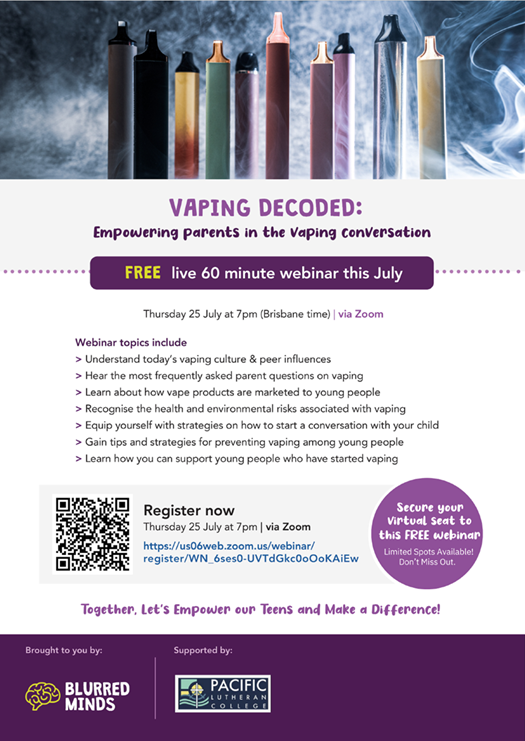
 parents to join a meeting, either in person or via zoom. Simply select the type of career- related appointment you would like and as a courtesy ensure you check with your teacher before you miss all or part of lesson before you make a booking.
parents to join a meeting, either in person or via zoom. Simply select the type of career- related appointment you would like and as a courtesy ensure you check with your teacher before you miss all or part of lesson before you make a booking.





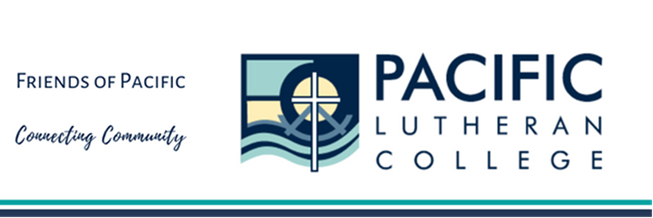
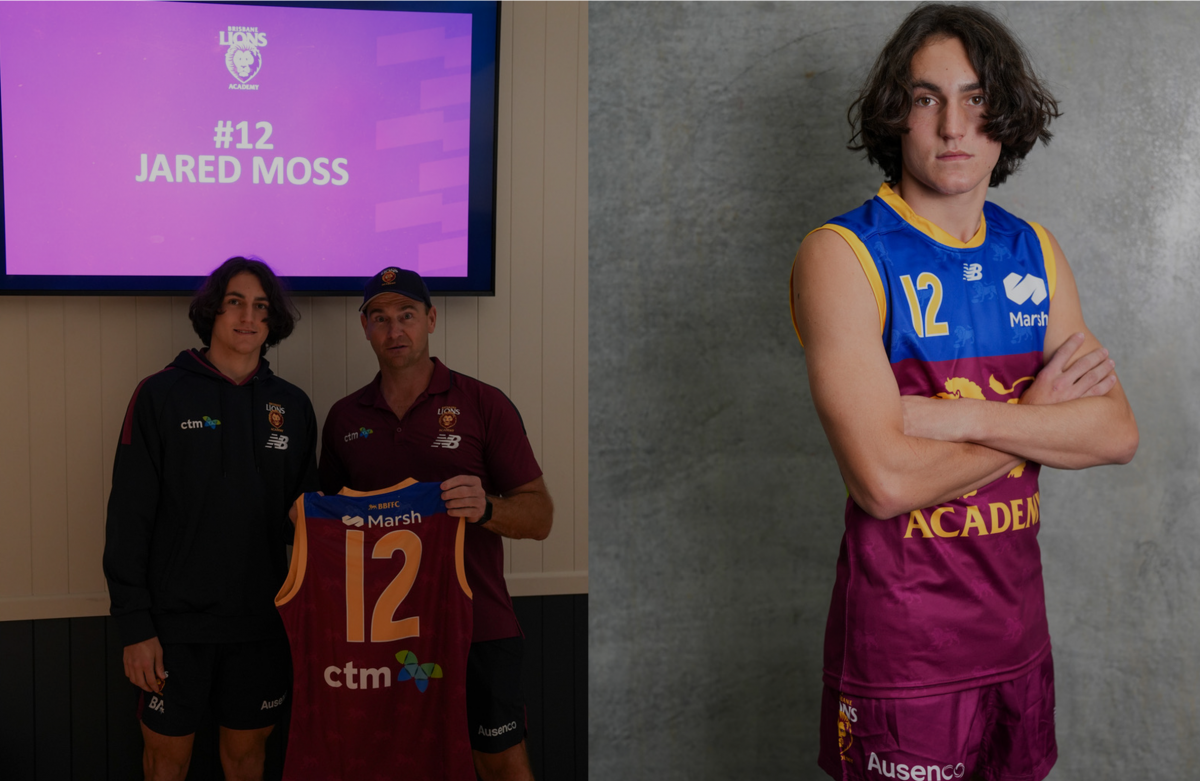 Mr Cameron West-McInnes, Head of Sport
Mr Cameron West-McInnes, Head of Sport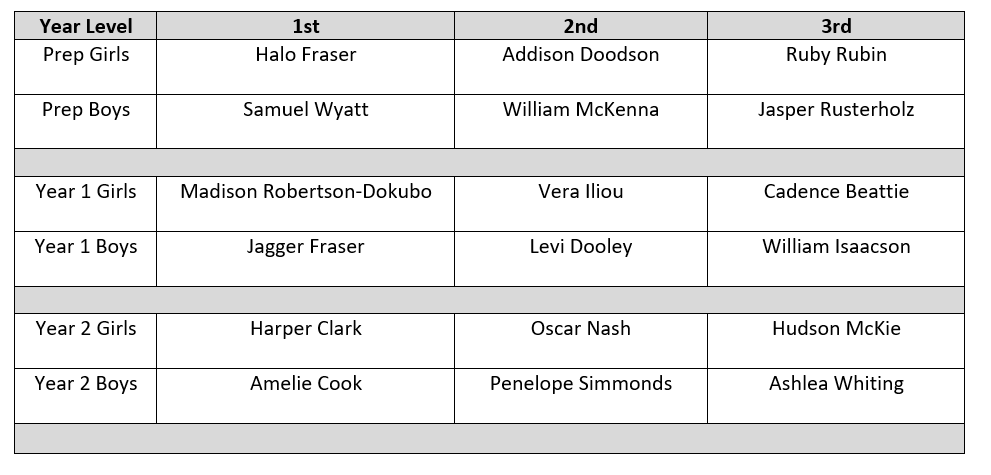
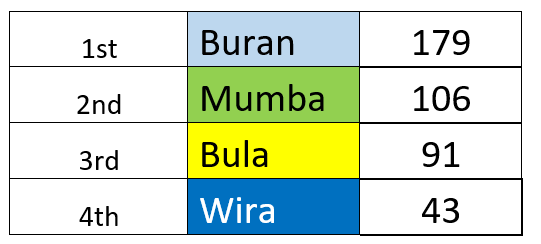


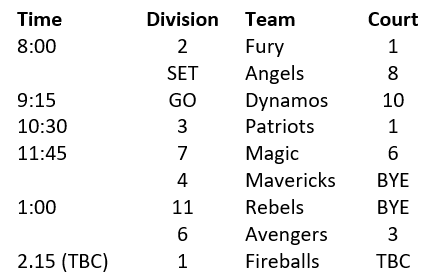

 Contact: The Registrar
Contact: The Registrar
 Sharing a common mission and ministry with Pacific Lutheran College
Sharing a common mission and ministry with Pacific Lutheran College